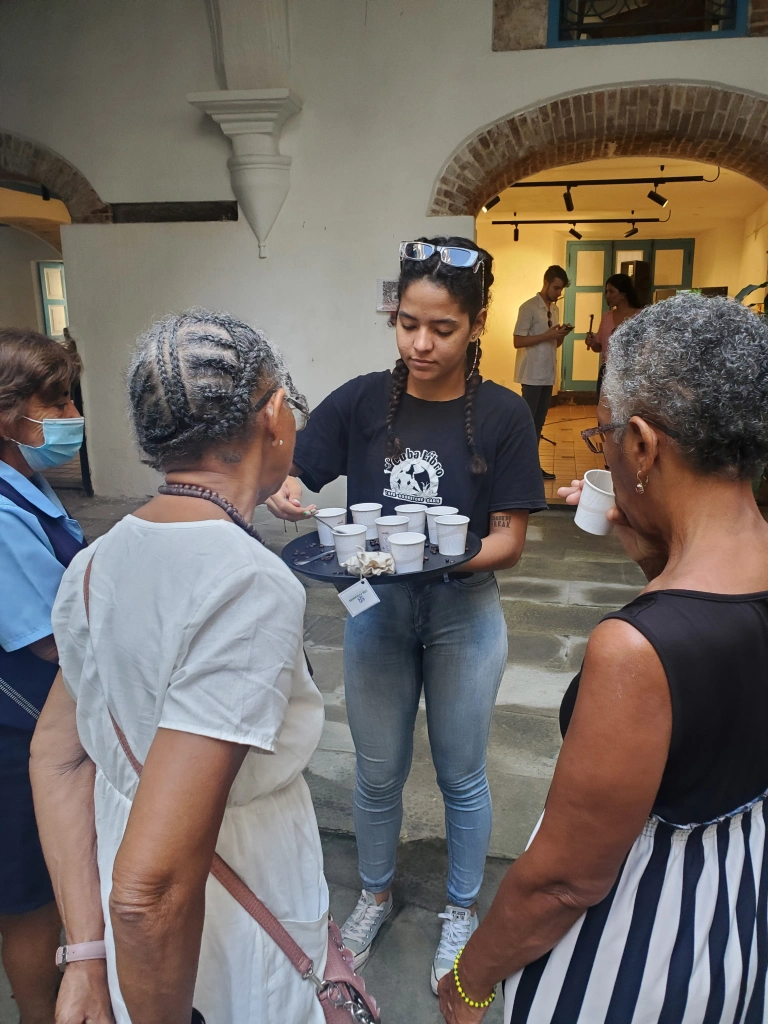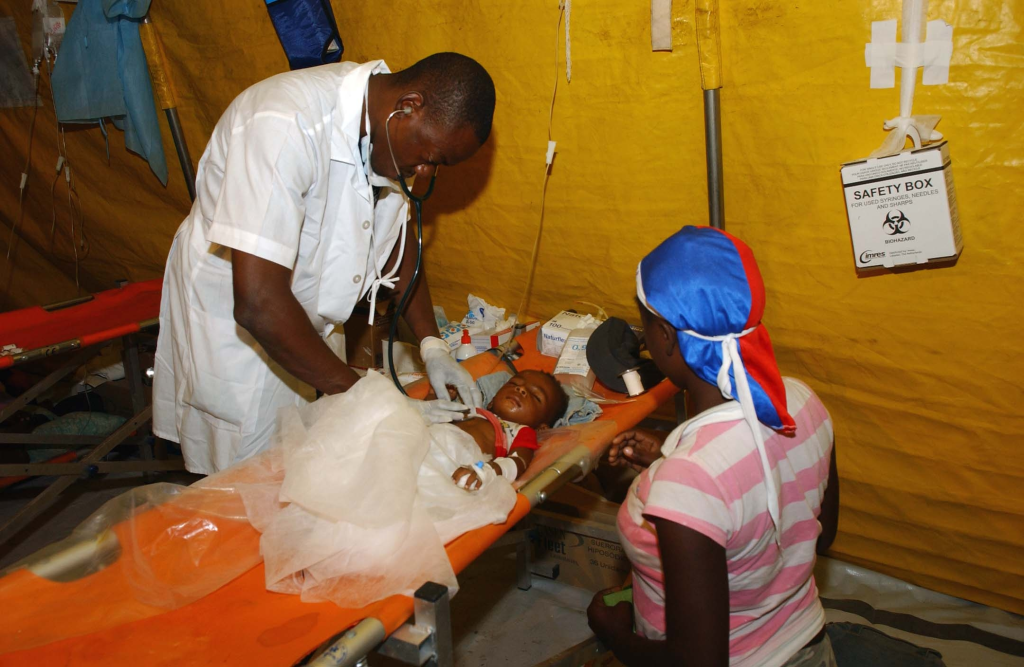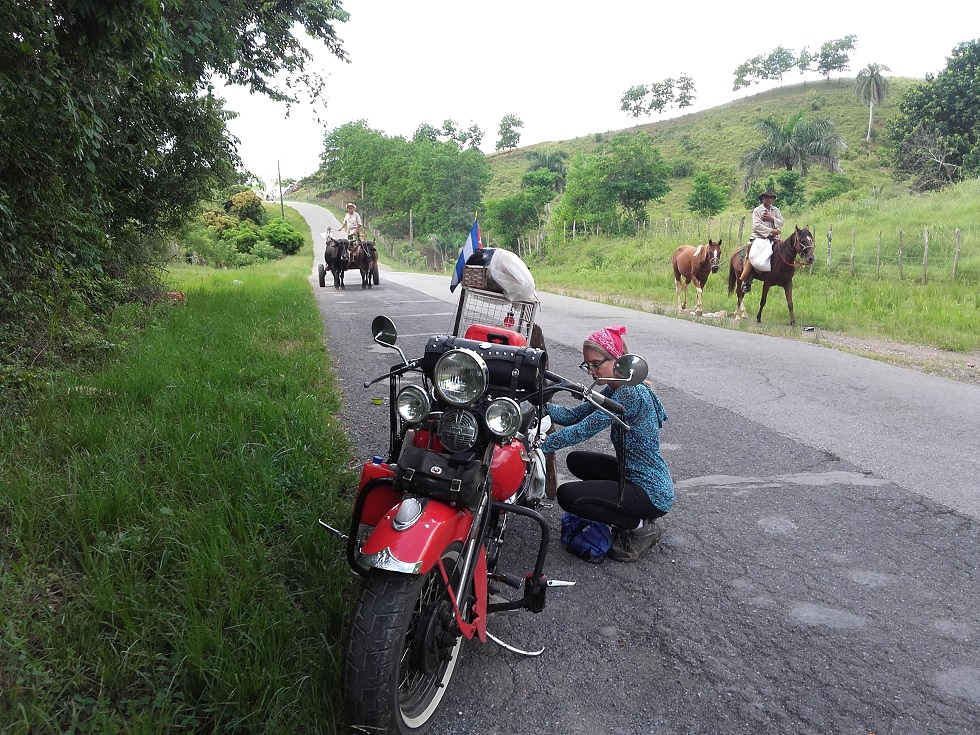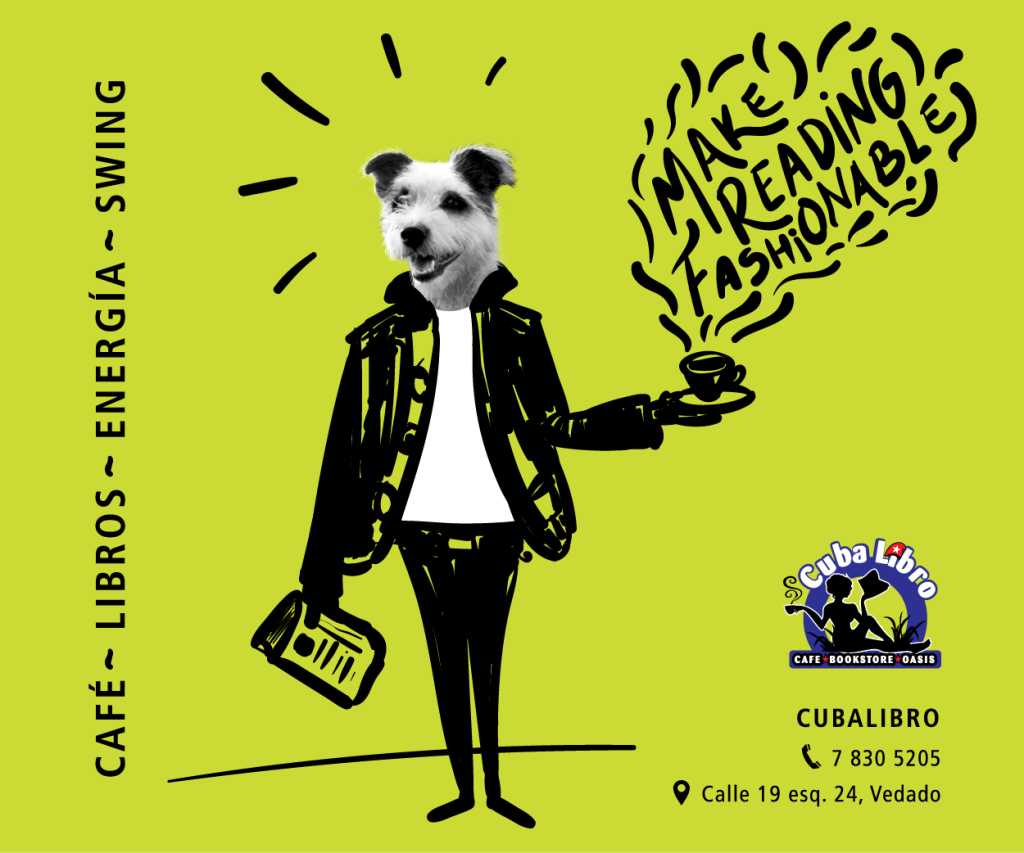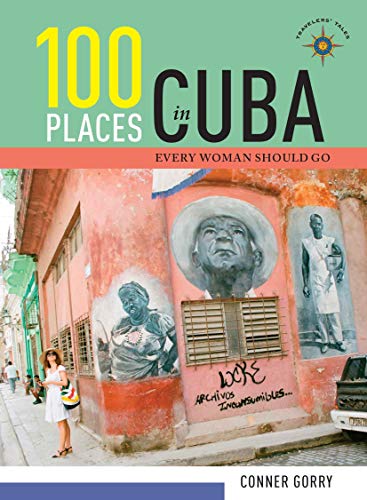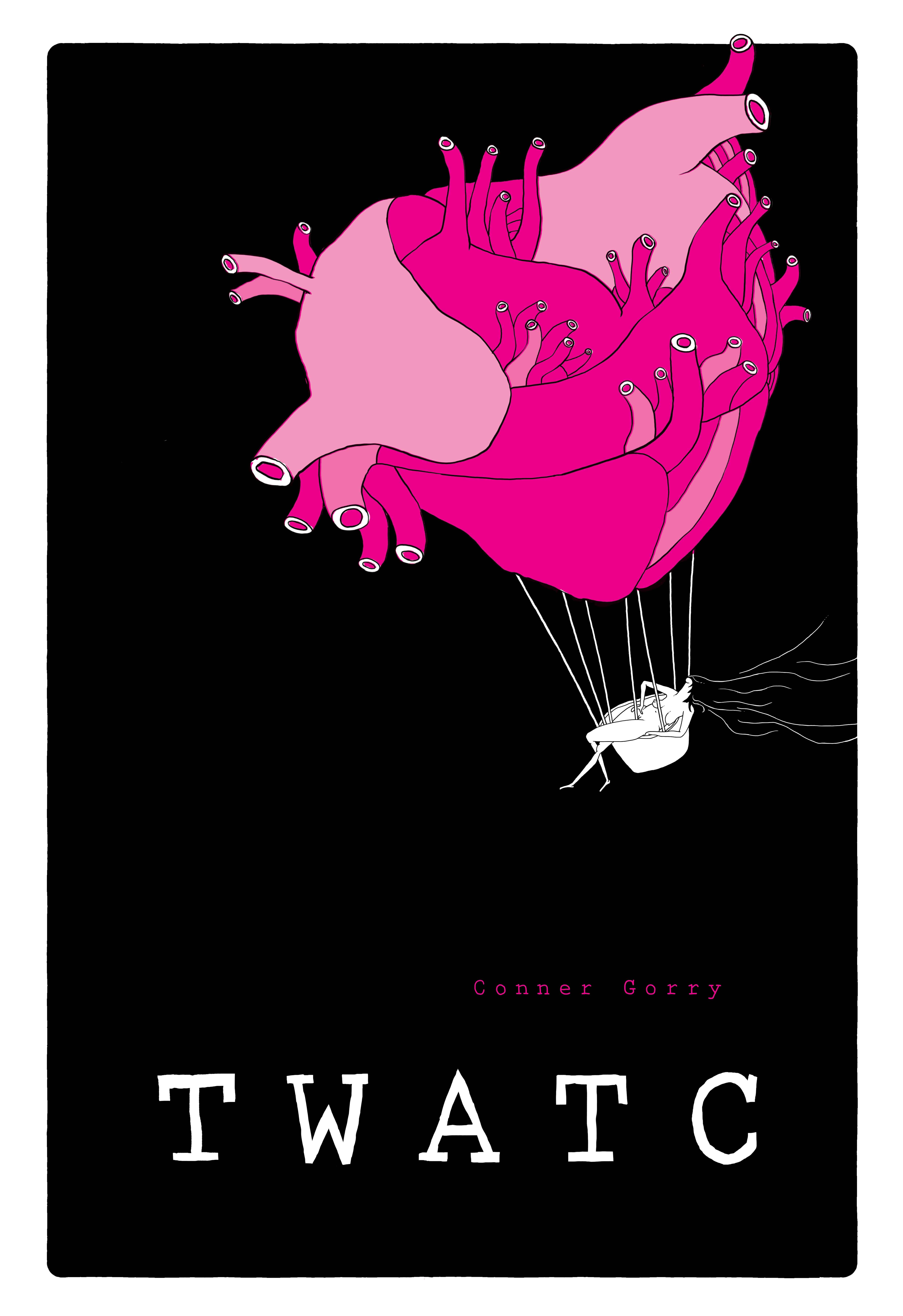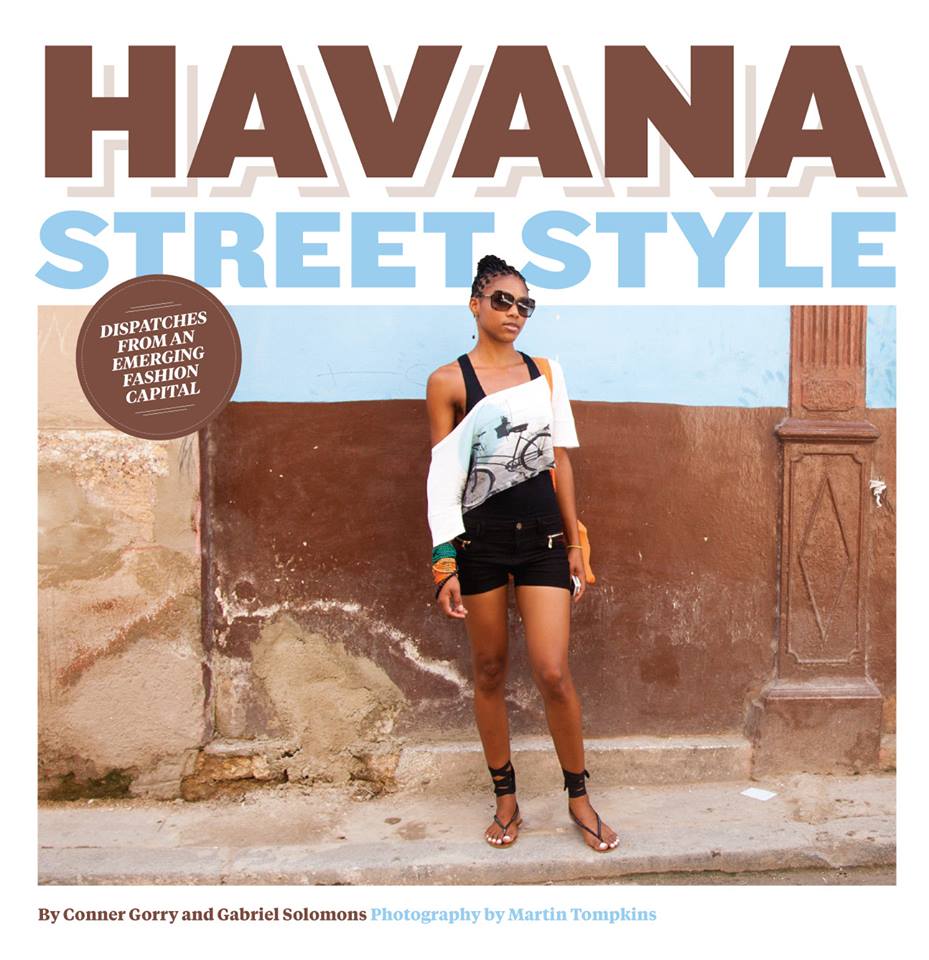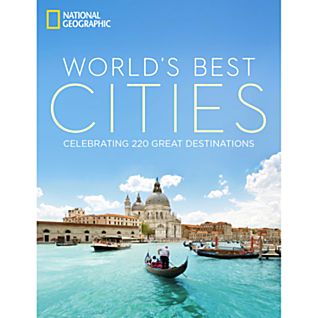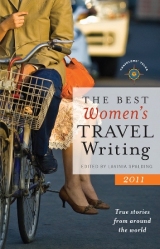Hello from Havana, where regular people can’t afford rice or sugar or eggs, gas lines are half-a-work-day long (“lucky” for us – in the provinces they’re three-workdays long, piggy-backing on eight-hour blackouts), and real-feel temperatures are breaking records regularly. Three summers running, we’re still on the brink.
You don’t need me to tell you things are bad all over – inflation, war, sedition, scarcity, an intractable climate catastrophe, plus powerful cadres who want to keep us misinformed, consuming and fearful, less we wake up to stand up. But the global malaise is one thing. The longest, strongest US sanctions are something altogether. The two together? Cuba, Summer, 2023.
_____
Imagine you live in a gated or rural community with a single road in and out. One day, you decide to make changes to your property, implementing a new landscape design, including lawn art. Your closest neighbor does not approve. They are, in fact, quite horrified at what you’ve chosen to do. Although you’ve lived side-by-side for decades, they raise a ruckus. Rather than invite you over for coffee and a conversation, said neighbor goes to the mat, blocking the one-way-in, one-way-out road, holding you captive, demanding you remove those endemic plants and hideous (to them) kinetic sculptures.
By this time, they’ve got their panties in a full twist and enlist other neighbors, threatening to shut off their means of entry and egress unless—and until—they fall in line. They, of course, accede – sooner or later, often against their principles. Roadside signs begin popping up: ‘Only lawns!’ and ‘No yard art!’ are popular. People stop sharing food and gossip and laughter with you. Social feeds from the next community over add fuel to the fire: ‘It’s your property! No one can tell you what to do with it!’ is a common sentiment. ‘They are punishing you for your plant preference? Are we still living in the Land of the Free?!’ opines Farmer Marj. ‘Down with lawn art!’ counters a Karen. ‘Not in our backyard!’ someone seconds.
They dig in. You dig in.
Sounds outlandish, exaggerated, absurd.
And yet, in this metaphor, Cuba is that neighbor – all endemic plants and funky sculptures. And the United States does not like the looks of it. Since 1960, billions of dollars (including your tax dollars) have been spent, and political careers forged/consolidated, on the issue of our southern neighbor’s choices. For a country built on individualism about which it boasts and markets itself worldwide, the USA’s actions belie its rhetoric. If you do a deep dive, it becomes apparent that my birth country doesn’t genuinely welcome independent, outside-the-box thinking. A little might be ok, good even, for the optics, but color outside US-designed lines and You. Will. Pay.
For over 60 years and counting, Cubans have been paying.
_____
Most of you probably don’t know (or care) that I have a Master’s degree in political science. It’s more a toxic hobby nowadays, but the ineffective and counterproductive nature of sanctions is Global Diplomacy 101. Read the balanced, sourced analyses below and you’ll see, sanctions only work in a few, very specific contexts. Cuba is not one of them.
Can you hear all those hearts breaking?
Probably not. For over 60 years, people who have never stepped foot on the island, who couldn’t pick Randy Alonso out of a line up, who’ve never enjoyed a cold drink coupled with a hot kiss on the Malecón, have been telling the world how they are going to break Cuba. They always fail to mention, however, the heartbreak of a mother dying alone, lovers separated, siblings estranged.
Meanwhile, this is our daily bread. Heartbreak. Hunger. Punishment. Take this. Take that. Suffer.
If after 60 years your neighbor hasn’t installed a lawn and taken down questionable art, isn’t it time to try a new strategy? Obama got it.
Obviously, my metaphor is reductive and Cuba needs to own its share of the blame for the current situation (corruption; internal blockade; lack of transparency; power/paranoia dynamic; disastrous/delusional accounting systems; and horrible marketing of their message, among them). Nevertheless, it illustrates my premise: subjecting a neighbor or country or neighboring country to violence and torture because you don’t agree with how they’re conducting their lives – even if you had an historical hand in constructing that life – is an egregious violation of rights: basic rights, human rights, sovereign rights.
Did you say violence and torture? Yes, in fact, I did: when your child has a rare form of curable cancer and treatment is only available in the United States, but you can’t access that care because your child is Cuban (even with all the money in the world), that is violent. That is torture. That is familial and generational trauma in the making. That is inhumane and that is criminal. And that Cuban child with cancer? She needs treatment, as you read this. But the US won’t give her and many others like her a temporary visa to get the care she needs. Tightening sanctions during the pandemic? Violence. Torture.
_____
People write me all the time: ‘I’m reading that Cubans are starving. I don’t want to take food from peoples’ mouths. Is it ethical for me to travel there?’ First, Cubans may be hungry, but not starving. Second, this is not a zero-sum game where the yuca on your plate could be on a Cuban’s. Third, the rules of the Cuban game are so complex and mine-riddled, you’ll likely be all kinds of unethical without even realizing it. But don’t worry: Cubans are master ducks, letting most everything slide right off their backs.
In fact, the opposite might be argued, that staying away is unethical.
Every dollar, euro, pound or yen that enters the country helps feed some people, somehow, in today’s Cuba. Each day at the beach, horseback ride, dinner at a restaurant, dancing at a club, coffee by the roadside or beer on the Malecón, is helping feed a Cuban. Donate to good causes while you’re at it – many projects inside and outside the country have reliable, experienced donations programs helping Cubans survive. Spend freely, tip your guides, hosts, servers and entertainers. Draw your own conclusions. Come help us laugh and make music, make merry and forge new friendships.
While you’re at it (or if you aren’t up for traveling), lobby your politicians for a change in policy – especially if you live in New Jersey or Florida. Need a good argument? For 30 straight years, the world community has condemned these sanctions, most recently voting 185-2 (US and Israel against) at the UN General Assembly to lift the blockade. The 2023 vote is coming up. Hopefully we’ve reached a tipping point where the United States is dethroned as Global Bully once and for all.


